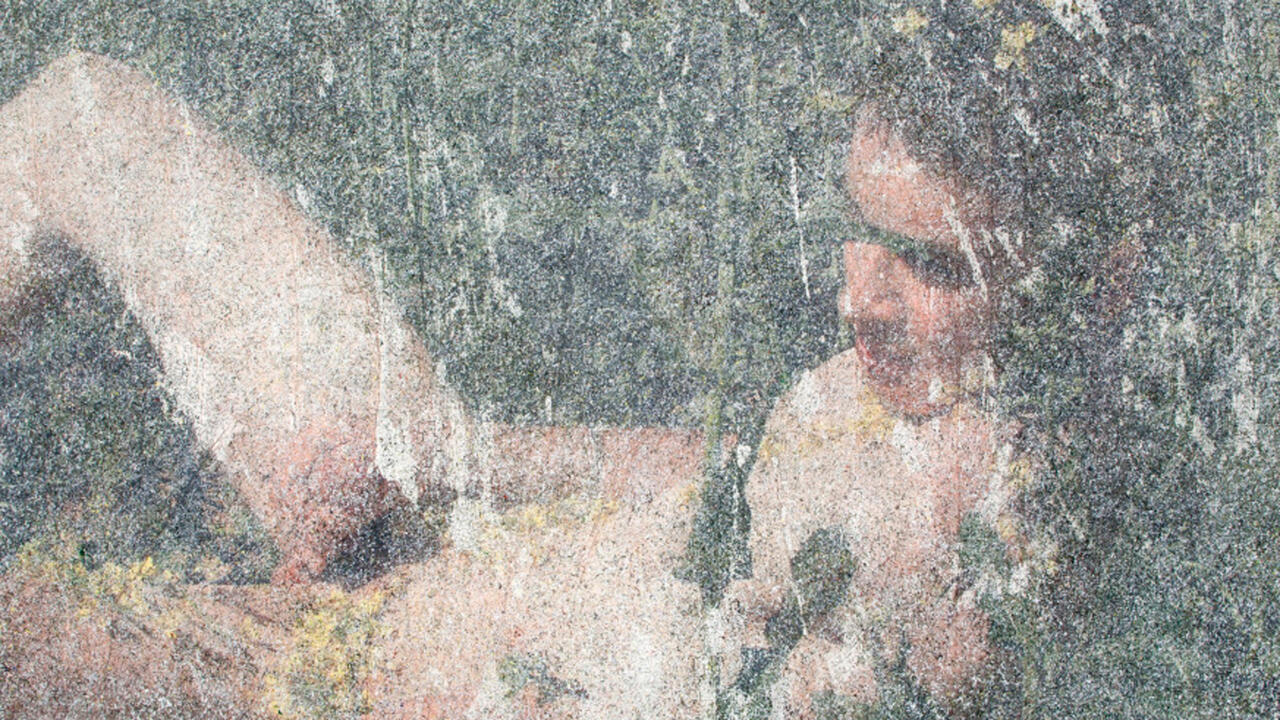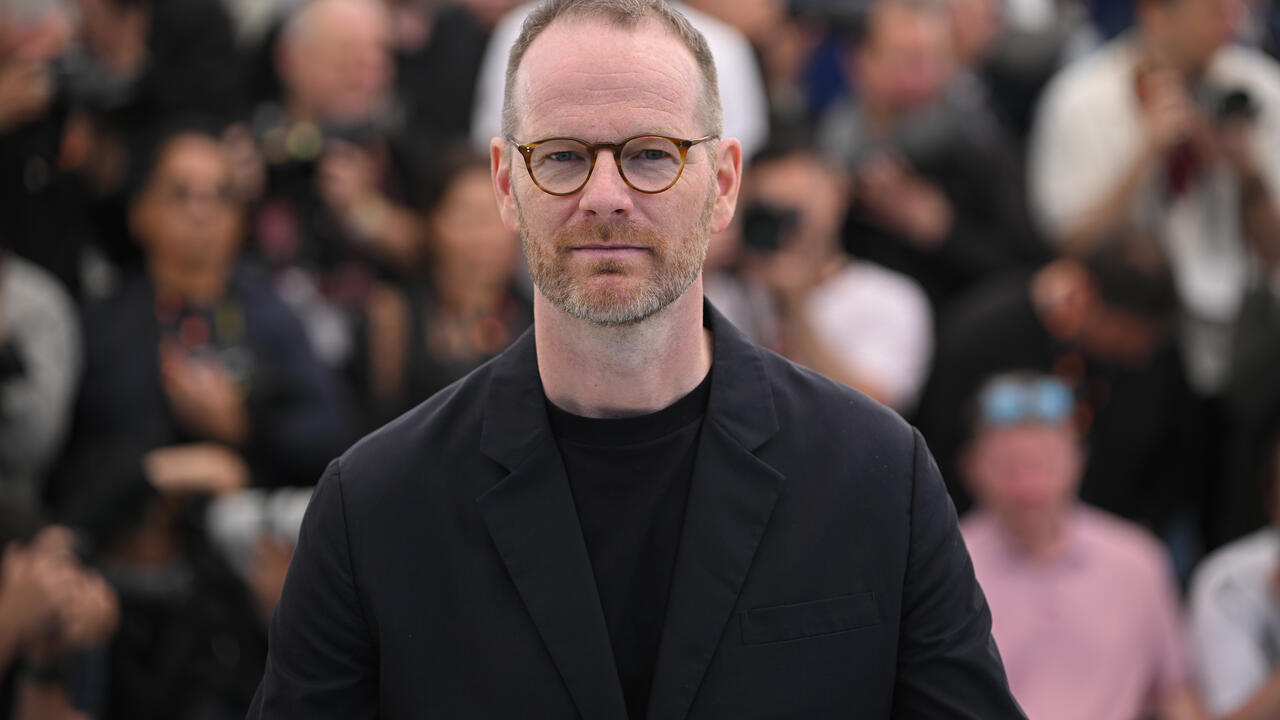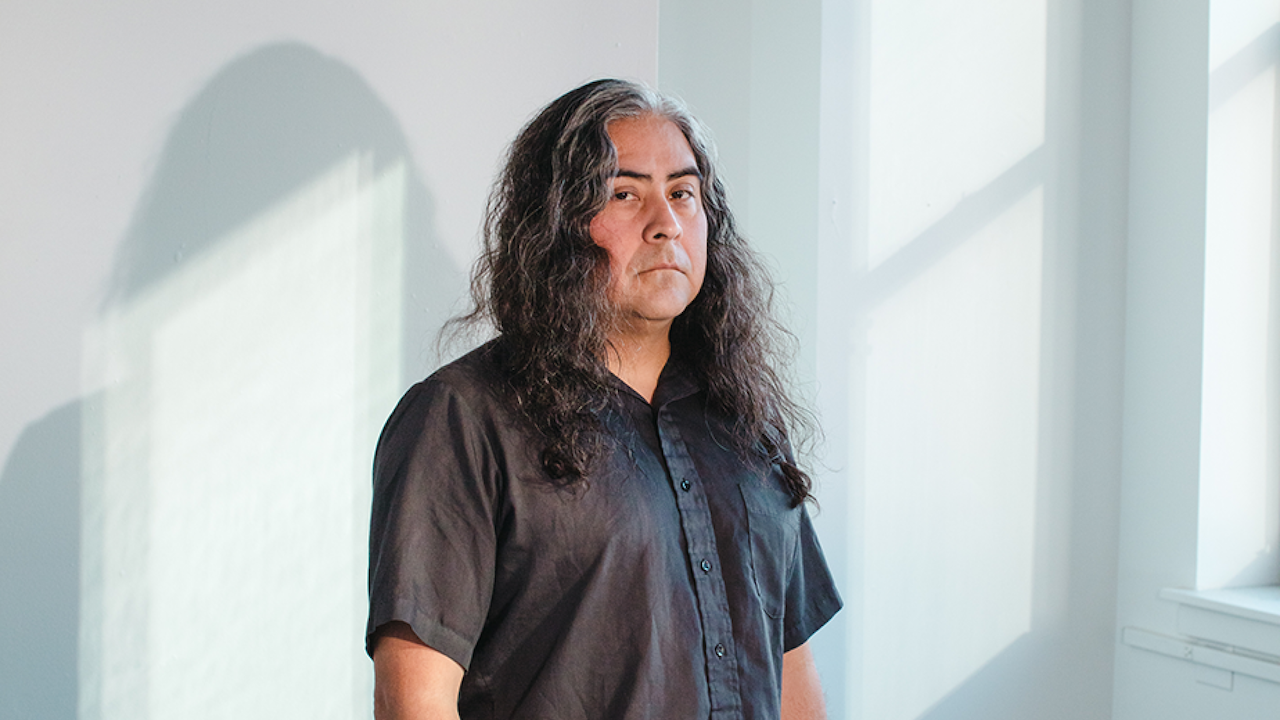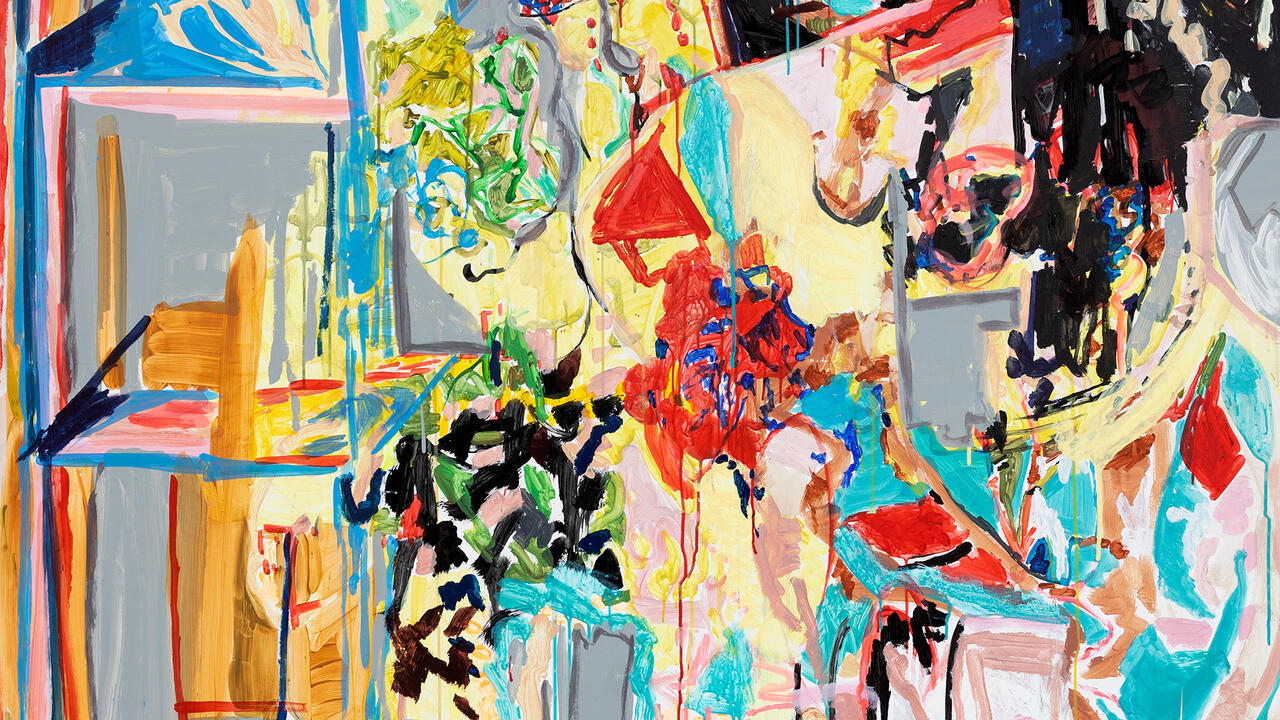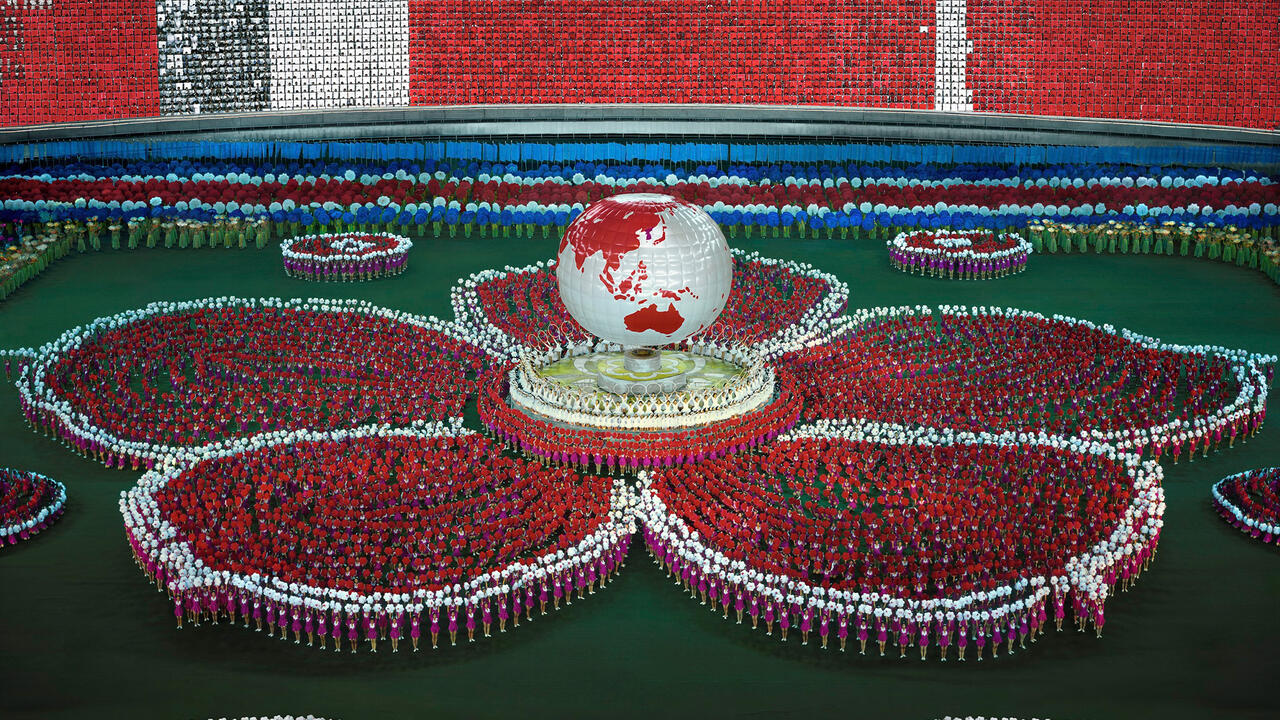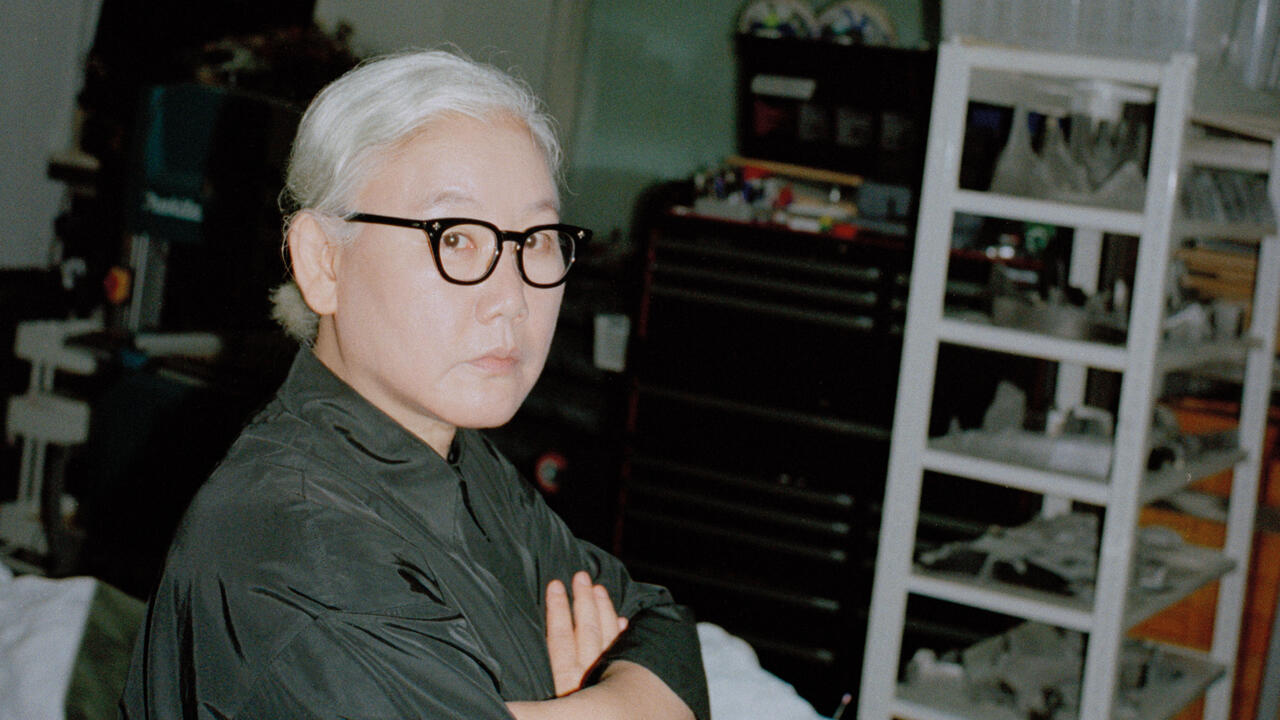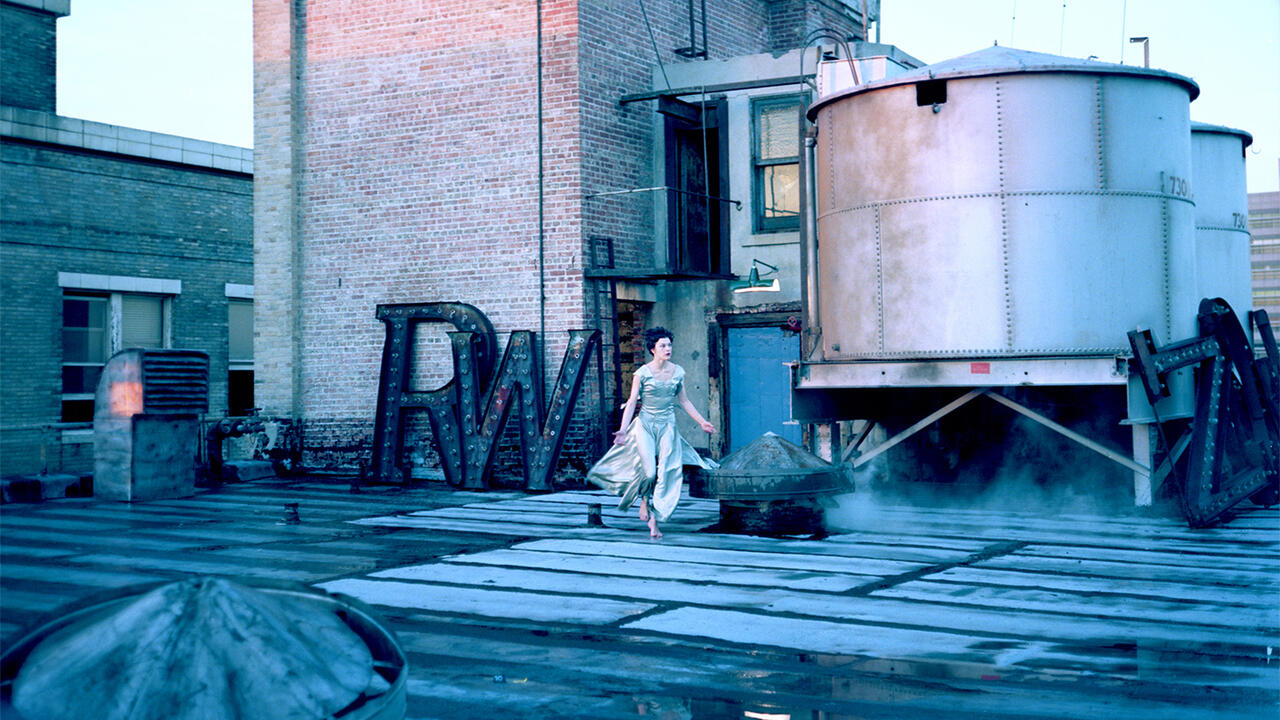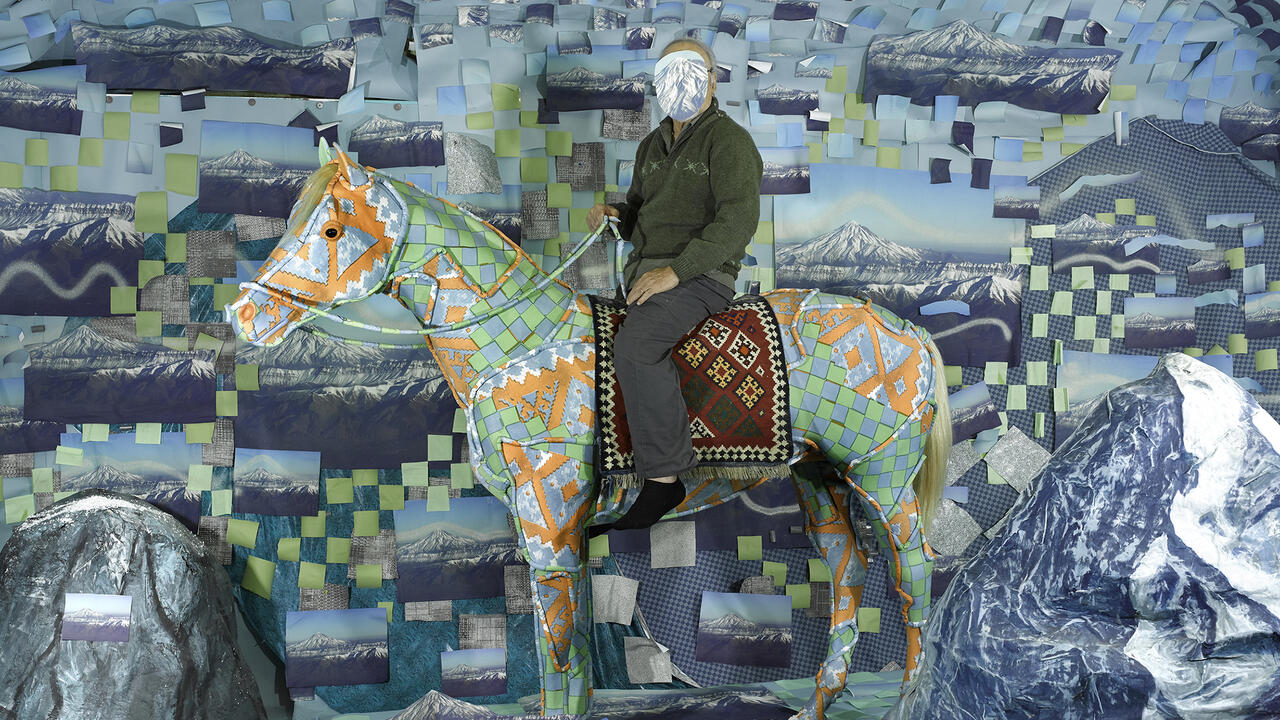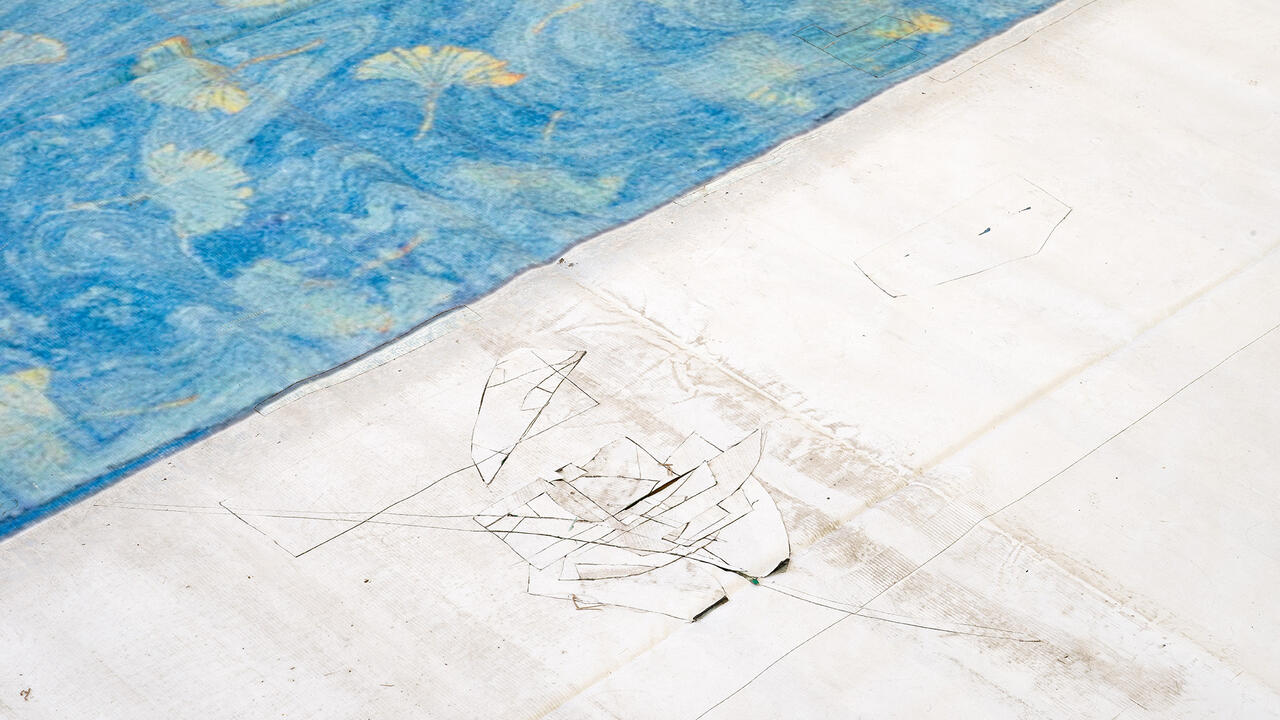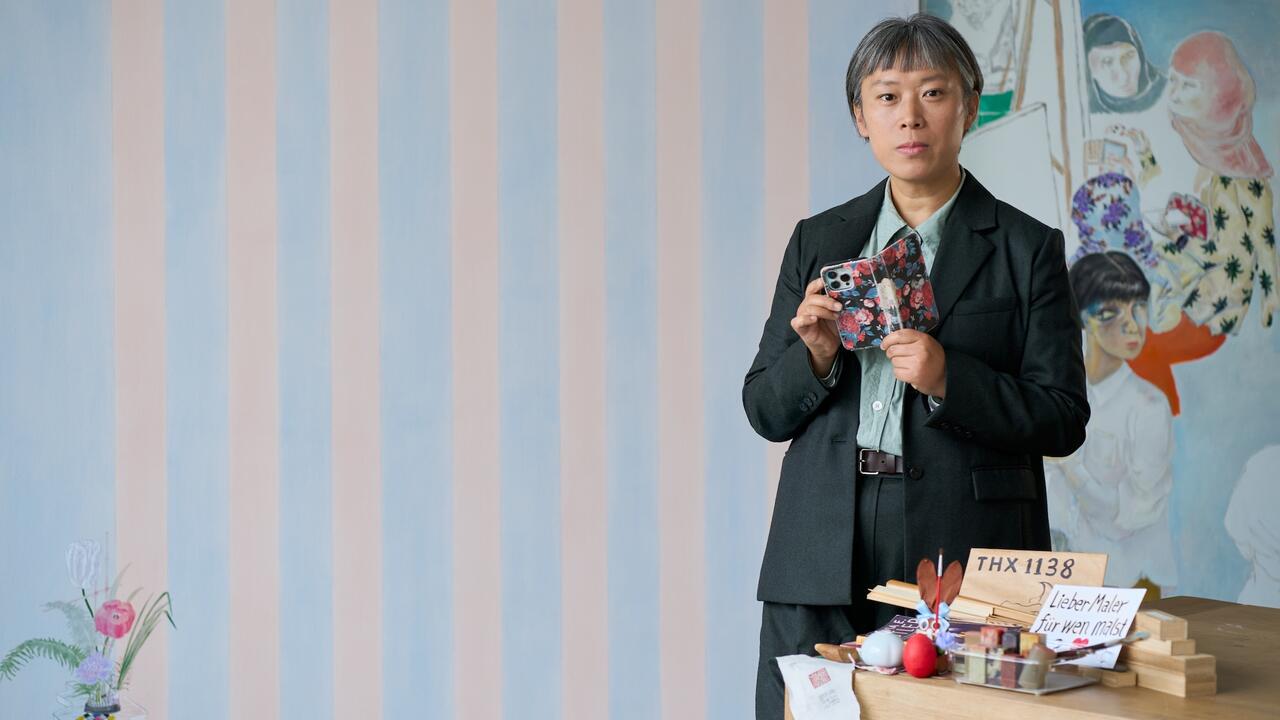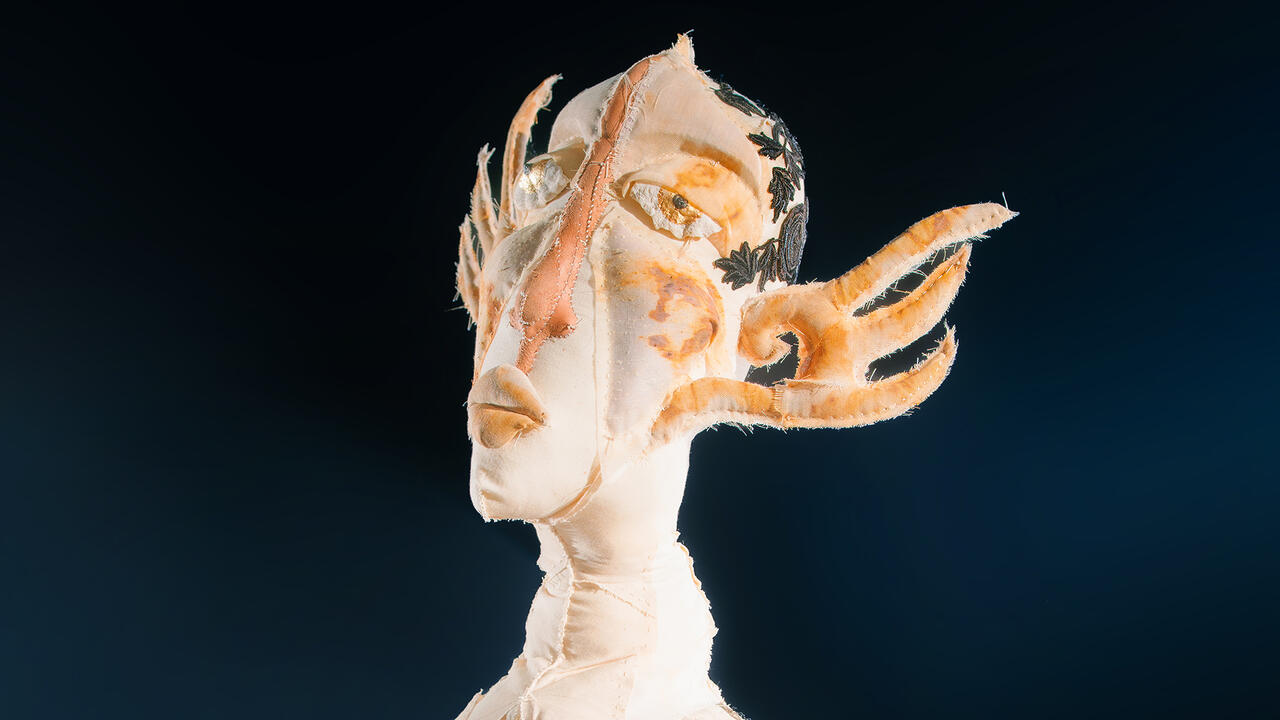Alberta Whittle's Decolonizing Impulse
The Barbadian filmmaker, recipient of this year’s Margaret Tait Award, is intent on disrupting institutional complacency
The Barbadian filmmaker, recipient of this year’s Margaret Tait Award, is intent on disrupting institutional complacency

Creolization and decolonization are fundamental themes in the work of Alberta Whittle, the Barbadian artist who has been announced as the recipient of this year’s Margaret Tait Award. Describing herself as moving ‘between the UK, Barbados and South Africa’, the Glasgow-based filmmaker has kept strong links with the Caribbean island she grew up on while also working collaboratively with artists in Cape Town and Johannesburg. Until recently, much of her activity has been outside Scotland, although that is clearly changing.

Initiated by Glasgow Film Festival and supported by Creative Scotland and Lux Scotland, the Margaret Tait Award is an annual GBP£10,000 commission for Scotland-based artists named after the Orcadian filmmaker who would have been 100 this year. It has become an increasingly vital platform for experimental filmmaking in the country. Torsten Lauschmann picked up the inaugural award in 2010 and other previous winners include Stephen Sutcliffe (2012), Rachel Maclean (2013), Charlotte Prodger (2014) and Sarah Forrest (2017). Forrest’s Margaret Tait commission, April, was premiered on Monday.
Whittle, who graduated from Glasgow School of Art’s MFA in 2011 and before that studied on the Intermedia BA at Edinburgh College of Art, was shortlisted alongside Aideen Doran, Rob Kennedy and Corin Sworn. ‘It’s a huge deal,’ she says. ‘It’s just one of those opportunities that can change the scope of what you do.’ The modest production budget provides the chance for what she describes as ‘ethical collaboration’ – in other words, being able to pay people for their work rather than ‘relying on pals’. The film she intends to make will join the dots between her time growing up in Barbados and her home city of Glasgow, where she is also a committee member of the artist-run Transmission Gallery.

Working with Scottish musicians and artists, the film will explore the history of the Barbadian slingshot known locally as a ‘gutterperk’, which Whittle will bring into dialogue with a host of archival objects from the Glasgow Museums Resource Centre. Along the way she’ll visit the island of Lewis in north west Scotland (where Gaelic line singing, or psalm singing, originates from) as well as heading to Barbados to film a man who obsessively makes gutterperks. ‘It harks back to Paul Gilroy’s ideas of call and response and antiphony,’ explains Whittle. ‘We’re going to be looking at different relationships to sound and how they emerge in different practices through colonial histories and also pre-colonial histories.’
Whittle’s filmmaking is inseparable from her work as a performer, her films acting as gathering points for ideas and actions that begin as staged events. These often involve some kind of uneasy interaction with the audience, a cultural awkwardness derived from the foregrounding of uncomfortable historic truths. In A Recipe for Planters Punch (2016) performed at the Tobacco Warehouse in Greenock – a former industrial port at the mouth of the River Clyde – Whittle fills a glass bowl with the ingredients for a drink charged with the history of plantation owning and slavery. With the help of the audience she adds rum, lime juice, sugar syrup, water ‘from Greenock and Barbados’, chanting as she moves around the space: ‘Pay me what you owe me’; ‘I call all the shots’; ‘Don’t act like you’ve forgotten’; ‘Bitch better have my money.’

The last phrase, the title from a 2015 song by the Barbadian singer Rihanna, reveals the contemporary source of the words and is typical of Whittle’s approach, bringing the past and present face-to-face in order to unpick the legitimacy of official histories and institutional certainties. ‘When I do these performances it’s about this idea of evoking a spectre. I use the phrase “the luxury of amnesia”. Growing up in the Caribbean, I can speak to grandparents and they can tell me about ancestors being raped in the fields, they can tell me about the different plantations that people worked on, so it really is a luxury of amnesia when I’m in Scotland and I’m encountering all this colonial history which is largely going unrecognized.’
The weight of that history is keenly felt in Glasgow’s Gallery of Modern Art, where Whittle is currently exhibiting as part of the show, ‘Inner City’. Originally the private mansion of a slave-trading tobacco lord, Whittle evokes the gallery’s past in A study in vocal intonation (2018), one of two films featured in the exhibition alongside a series of digital prints and a sculptural work that includes a bronze cast of the artist’s tongue. A study in vocal intonation continues an interest in voice and its role in memory, and includes footage of Whittle performing a choreographed dance in the gallery’s columned main space, a large cane knife in each hand.

Whittle says she films ‘obsessively’ and predicts that the first six months of her Margaret Tait commission will be spent ‘capturing images and doing a lot of performances’, followed by a period attempting to ‘better understand what I was trying to speak about’. Next, though, she is one of eight artists featured in ‘There’s Something In The Conversation That Is More Interesting Than The Finality of (A title)’ at The Showroom, London (28 March – 5 May), the finale of the year-long research programme, Holding Space. The title of her piece reflects the institutional complacency she is intent on disrupting: Business As Usual.
Main image: Alberta Whittle, Celestial Meditations II, 2017, digital collage. Courtesy: Alberta Whittle








